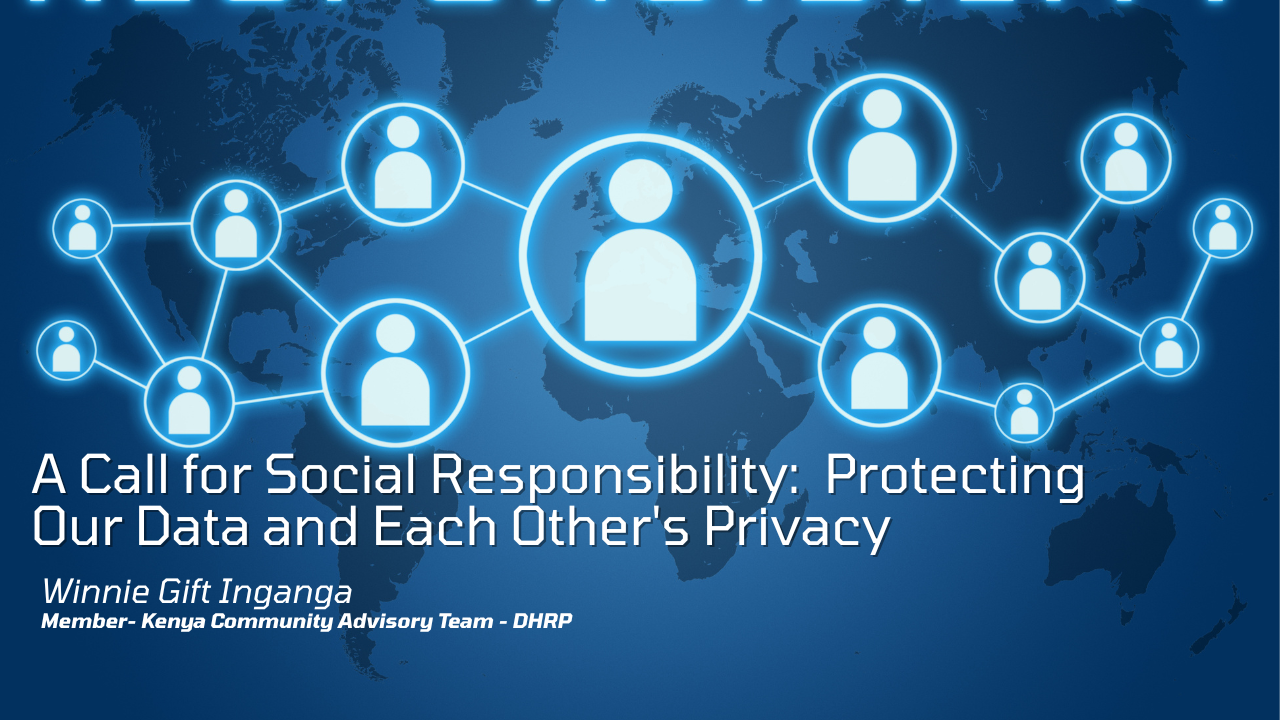
A Call for Social Responsibility: Protecting Our Data and Each Other’s Privacy
Winnie Gift Inganga, Kenya Community Advisory team member, highlights the urgent need for collective responsibility in protecting data and privacy. It explores how governments, corporations, and even close relations misuse personal information, leading to surveillance, discrimination, and harm. With Kenya’s legal framework providing protection, it emphasises awareness, accountability, and the duty to safeguard each other’s digital rights.
